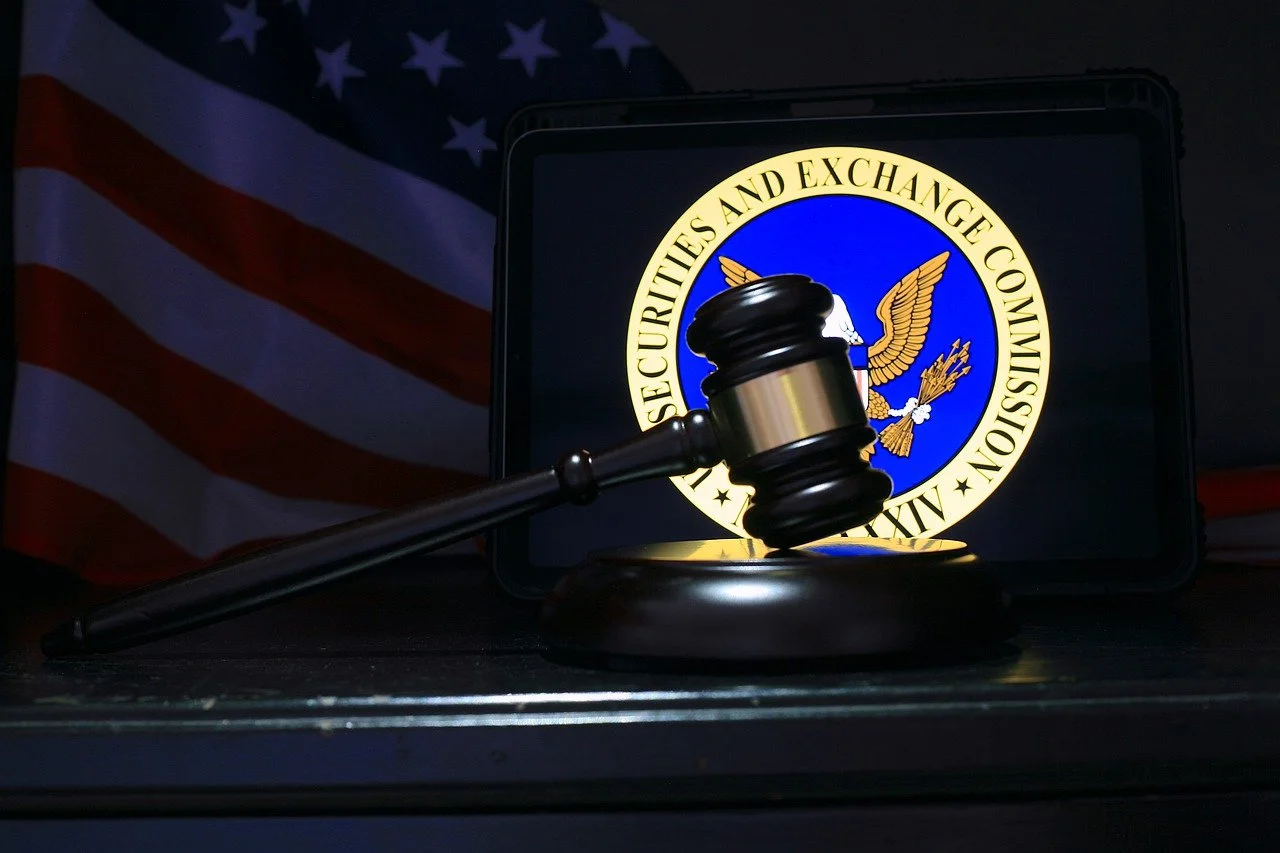The Securities and Exchange Commission (SEC) is saying that cryptocurrencies don’t have any “built-in or natural worth” in their argument against Coinbase in federal court. This has led to some skepticism from both Coinbase and those keeping an eye on the cryptocurrency market.
In reply to a request to dismiss the SEC’s lawsuit, which was filed during the summer, the SEC asked the judge not to accept Coinbase’s argument that trading cryptocurrencies isn’t a form of investment agreement between people. They defended their viewpoint by reiterating that federal securities laws are meant to be interpreted flexibly, using a legal principle called the “Howey Test.”
For many years, the SEC has used the Howey Test to argue that various investments, like whiskey caskets or chinchilla farms, can be subject to investment contract regulations. However, the SEC is now pointing out that many cryptocurrencies are different because they don’t have any inherent value by themselves, whereas the tokens mentioned in their lawsuit do meet the Howey Test criteria.
In their legal filing, the SEC explained, “If crypto assets have some underlying value, that value is accessed through the digital token. But the token itself doesn’t have any inherent value; it’s linked to its underlying value, which, in the case of the crypto assets in this lawsuit, is the investment contract.”
Coinbase’s chief legal officer, Paul Grewal, brushed off the SEC’s arguments, calling their motion “more of the same old same old” stance.
Grewal expressed his disagreement with the SEC’s arguments, stating, “The SEC’s arguments today would imply that even things like Pokemon cards, stamps, or Swiftie bracelets could be considered securities. As Rep. Ritchie Torres pointed out last week, this isn’t the law, and it shouldn’t be.”
He was referring to Rep. Torres’ questioning of Gary Gensler during a House Financial Services Committee hearing that took place last month.
Stuart Alderoty, the chief legal officer for Ripple Labs, who had a partial win against the SEC in July after being sued, also criticized the SEC’s argument on Twitter.
Alderoty expressed his concerns by saying, “There are so many problems with the SEC’s argument in the Coinbase case that it’s hard to know where to start. Let’s begin with the SEC’s assertion, which lacks evidence or support, that digital assets have no inherent value while collectible baseball cards do.”
In its lawsuit against Coinbase filed on June 6, the SEC listed several altcoins, including Solana, MATIC, and Cardano, as unlicensed securities. The developers of these tokens and Coinbase itself have disputed these allegations.
People have been wondering about the value of cryptocurrencies from the very beginning. Unlike traditional money like the U.S. dollar, cryptocurrencies don’t have the support of a government behind them. For example, Bitcoin was created to operate independently, without any central authority. Instead, the value of cryptocurrencies is mainly determined by how much people want to buy and sell them, just like any other item in the market.





